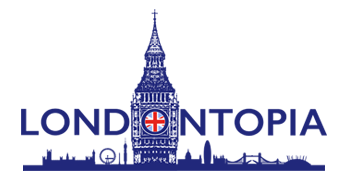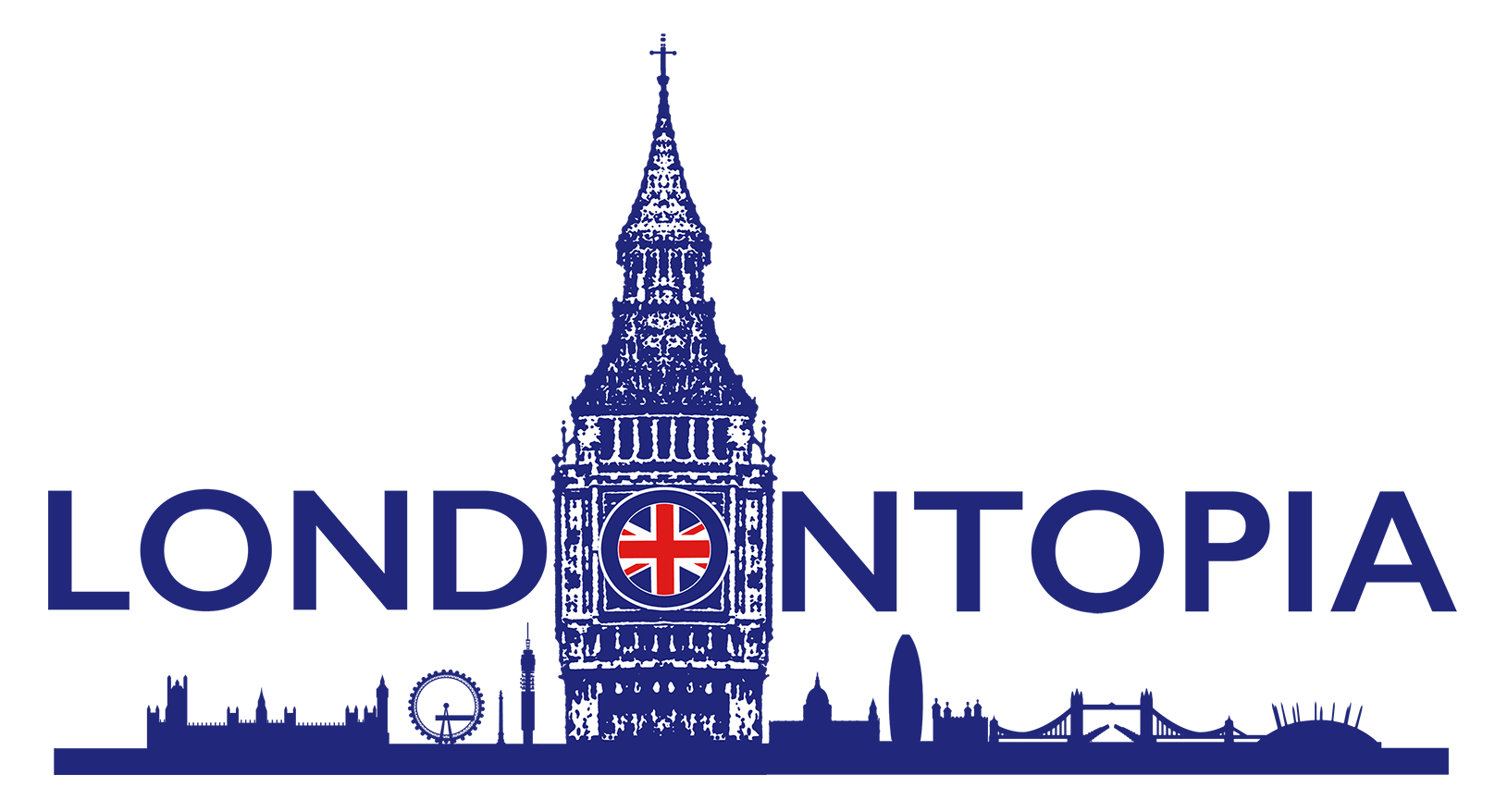London certainly feels like the center of the universe at times, which also extends to music. Rock, pop, rap, and more have all gotten their start in Britain’s capital. We already covered groups such as the Rolling Stones and the Spice Girls in a previous article, so now we turn our attention to five other bands that started their domination of the charts in London. Punk, rock, ska, and more are represented in the list below, and if you think we left something out, you can share that with us in the comments. See the previous article in this series here for more bands founded in London.
The Clash
While the Sex Pistols are largely credited with kicking off punk, the Clash cannot be discounted for their impact on the genre (often with less drama than the Sex Pistols). Each of the original members of the Clash had been involved in London music with various other groups before manager Bernard Rhodes brought together Paul Simonon, Mick Jones, and Joe Strummer together to be a band “to rival the [Sex] Pistols.” The Clash’s first show was actually backing up the Sex Pistols on July 4, 1976, in Sheffield and rose quickly as a supporting act before becoming headliners themselves in 1977.
Queen
The four men who would form Queen all met in West London around 1968-1969 when they were all in college. Guitarist Brian May was a math and physics student at Imperial College London, drummer Roger Taylor was studying dentistry, and Ealing Art College student Freddie Bulsara on lead vocals. Freddie would change his last name to Mercury, and then in 1971, they picked up bassist John Deacon and changed the band’s name from Smile to Queen. Their first self-titled album came out not long afterward and they began getting popular off of hits such as “Keep Yourself Alive.” While it would take a couple of years to get truly famous, Queen became one of the pioneers of stadium shows in the 1970s and 1980s.
Pink Floyd
To think that if Roger Waters and Nick Mason had stuck to their architecture studies at London Polytechnic, one of rock’s greatest and trippiest bands would never have existed. They formed part of a group called Sigma 6 that went through several changes in membership and names before becoming The Pink Floyd Sound in 1965. They eventually dropped “Sound” from their name and became a major force in the London underground music scene. It was during this time that the band began adding light shows and long instrumentals to their sets, something that would become a signature part of their repertoire.
Coldplay
Love them or hate them, Coldplay is certainly one of the most successful bands in the world. The group got its start when singer Chris Martin and guitarist Johnny Buckland met during first-year orientation at University College London in 1996. The pair were joined by Guy Perryman on bass, Will Champion on drums, and Phil Harvey as their manager. They started playing local small clubs in Camden and managed to net themselves a five-album contract and a spot at Glastonbury shortly after graduating. Not long after, they released their hit album Parachutes and have been going strong ever since.
Iron Maiden
Perhaps THE premiere British heavy metal band, Iron Maiden got their start in Leyton, East London in the mid-1970s. Steve Harris formed the group along with Paul Day, Dave Sullivan, and Terry Rance though this lineup went through a few changes in the early years before finding success with the addition of members Adrian Smith, Nicko McBrain, and lead singer Bruce Dickinson in the early 1980s. A period of hit albums and successful tours followed, and Iron Maiden has remained at the top of British metal.


